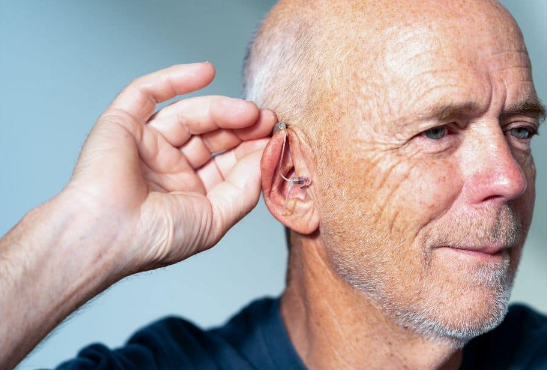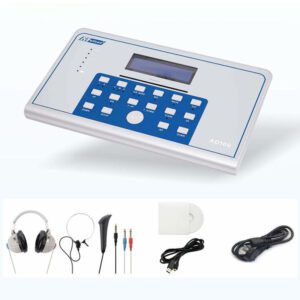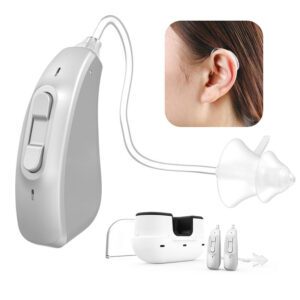Yes, hearing Loss can often be managed, and in some cases, significantly improved—especially with the use of hearing Aids. While not all types of hearing loss can be permanently “fixed,” modern hearing aids offer effective solutions for many people, allowing them to hear and communicate more clearly.

Hearing loss can be caused by various factors such as aging, noise exposure, infections, or genetic conditions. It is generally categorized into three types: conductive, sensorineural, and mixed. Sensorineural hearing loss, which involves damage to the inner ear or auditory nerve, is the most common type and is usually permanent. However, hearing aids can help compensate for this loss by amplifying sound and improving speech understanding.
Hearing aids are small electronic devices that are worn in or behind the ear. They consist of a microphone, amplifier, and speaker. The microphone picks up sounds from the environment, the amplifier increases the volume of those sounds, and the speaker sends the amplified sound into the ear. Advanced hearing aids also include features like noise reduction, directional microphones, and Bluetooth connectivity to enhance user experience.
Although hearing aids do not cure hearing loss, they can significantly improve the quality of life for people with mild to severe hearing impairments. Users often report better communication, increased confidence, and reduced feelings of isolation.
In summary, while most forms of hearing loss cannot be completely reversed, hearing Aids provide an effective and non-invasive way to manage the condition and help individuals lead more active and fulfilling lives.


